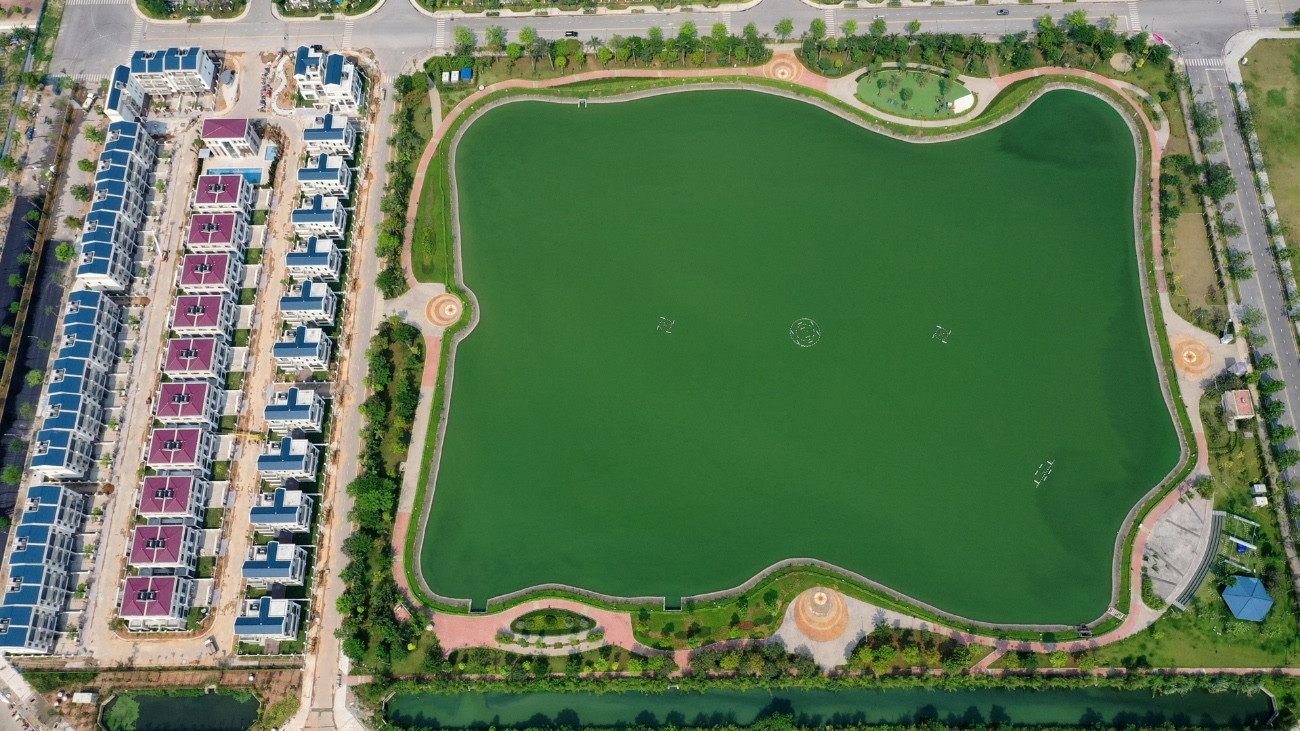Dr. Le Xuan Nghia, former Vice Chairman of the National Financial Supervisory Commission, says many grand and glamorous urban areas are "where the flowers are for the rich, and the tears for the poor."
Housing prices skyrocket beyond imagination

According to a recent report by a leading real estate research and consulting firm, the average primary apartment price in Hanoi has reached 75 million VND per square meter (about USD 2,950), a 29% increase from last year. At this price point, people with limited budgets or average incomes find homeownership increasingly out of reach.
Speaking at a recent seminar titled “Real estate brokerage in a new landscape,” Dr. Nghia stressed that the issue is primarily rooted in a lack of housing supply.
“The poor look at these urban areas and can only cry. Housing prices are beyond imagination, making them feel completely out of reach,” he said.
He explained that the real estate market does not behave like typical commodity markets. Even when prices rise, many sellers choose not to cash out, instead holding out for further gains. This disconnect between supply and demand distorts the market.
Dr. Nghia warned that without prompt action to increase supply, the real estate market may already be in a bubble, possibly forming as early as 2023. If left unchecked, such a scenario could threaten financial system stability.
However, he noted encouraging developments in recent months as projects for social housing and previously stalled commercial developments have resumed during the first half of the year.
“Thanks to National Assembly Resolution 171, which allows piloting commercial housing projects through land use agreements, more than 100 projects in Hanoi have been cleared. Among four major developers we surveyed, one had five stuck projects - now all resolved. Another had six, with four resolved and two pending paperwork. The supply outlook is improving,” he added.
Real estate transaction center proposal expected by 2026
Nguyen Van Dinh, Chairman of the Vietnam Association of Realtors, commented that 2024 was marked by prolonged stagnation, weak market sentiment, and limited supply. In 2025, however, the market is showing clearer signs of recovery.
He attributed this to the government’s decisive policy actions, increased public investment in key infrastructure, streamlined administrative procedures, and new planning initiatives that open up opportunities for emerging regions.
Still, challenges remain, and further reforms are needed to sustain recovery.
Meanwhile, Tong Thi Hanh, Director of the Housing and Real Estate Market Management Department (Ministry of Construction), said her ministry and the Vietnam Association of Realtors have jointly developed a pilot proposal for a “State-managed real estate and land use transaction center.”
The model aims to oversee the entire process - from verifying eligible property listings to streamlining administrative procedures and land title issuance.
“We plan to submit the proposal to the government and report to the Politburo. If approved, we aim to present it to the National Assembly at the October 2025 session, with the goal of implementing it from January 1, 2026,” Hanh stated.
Nguyen Le